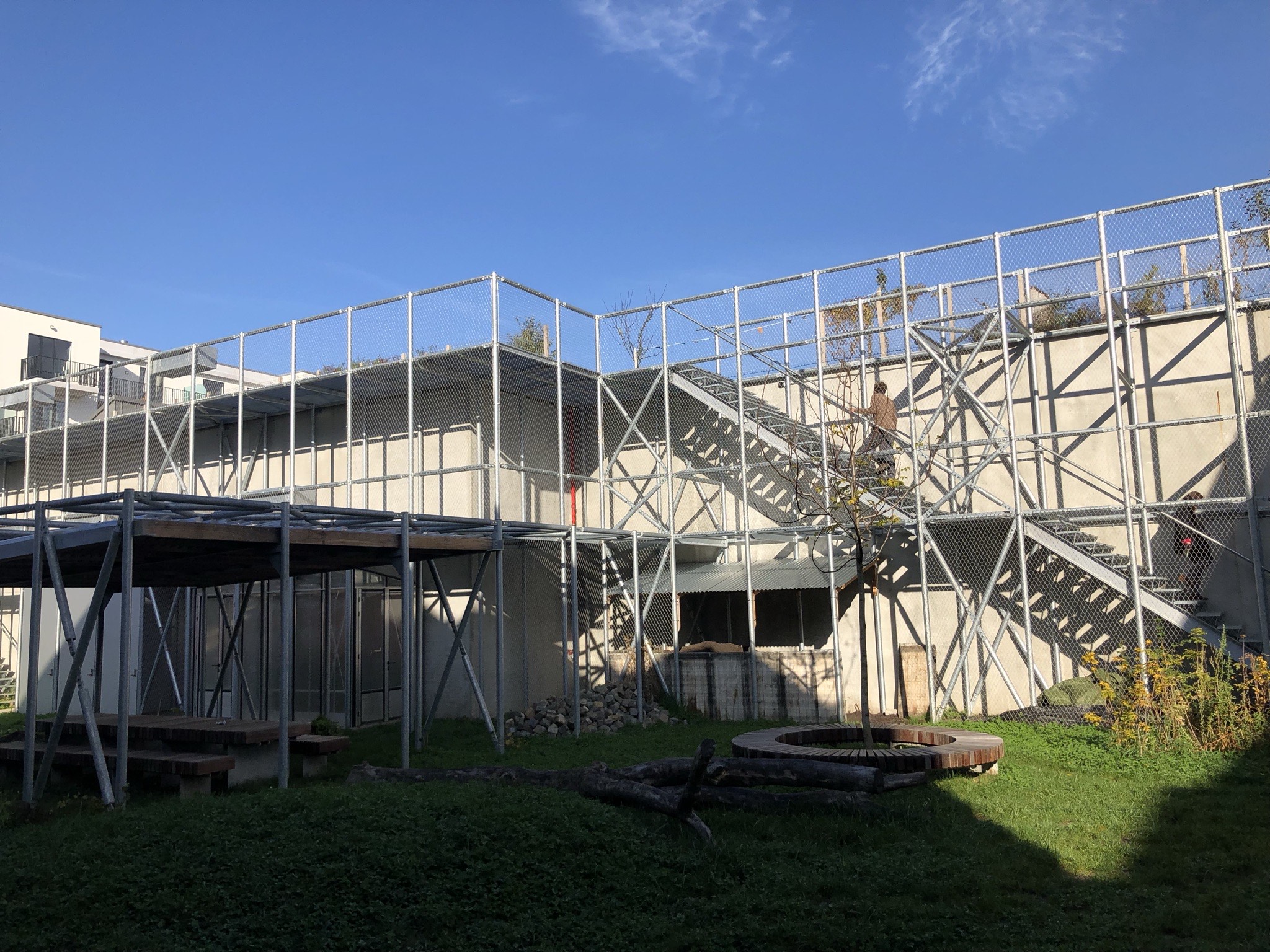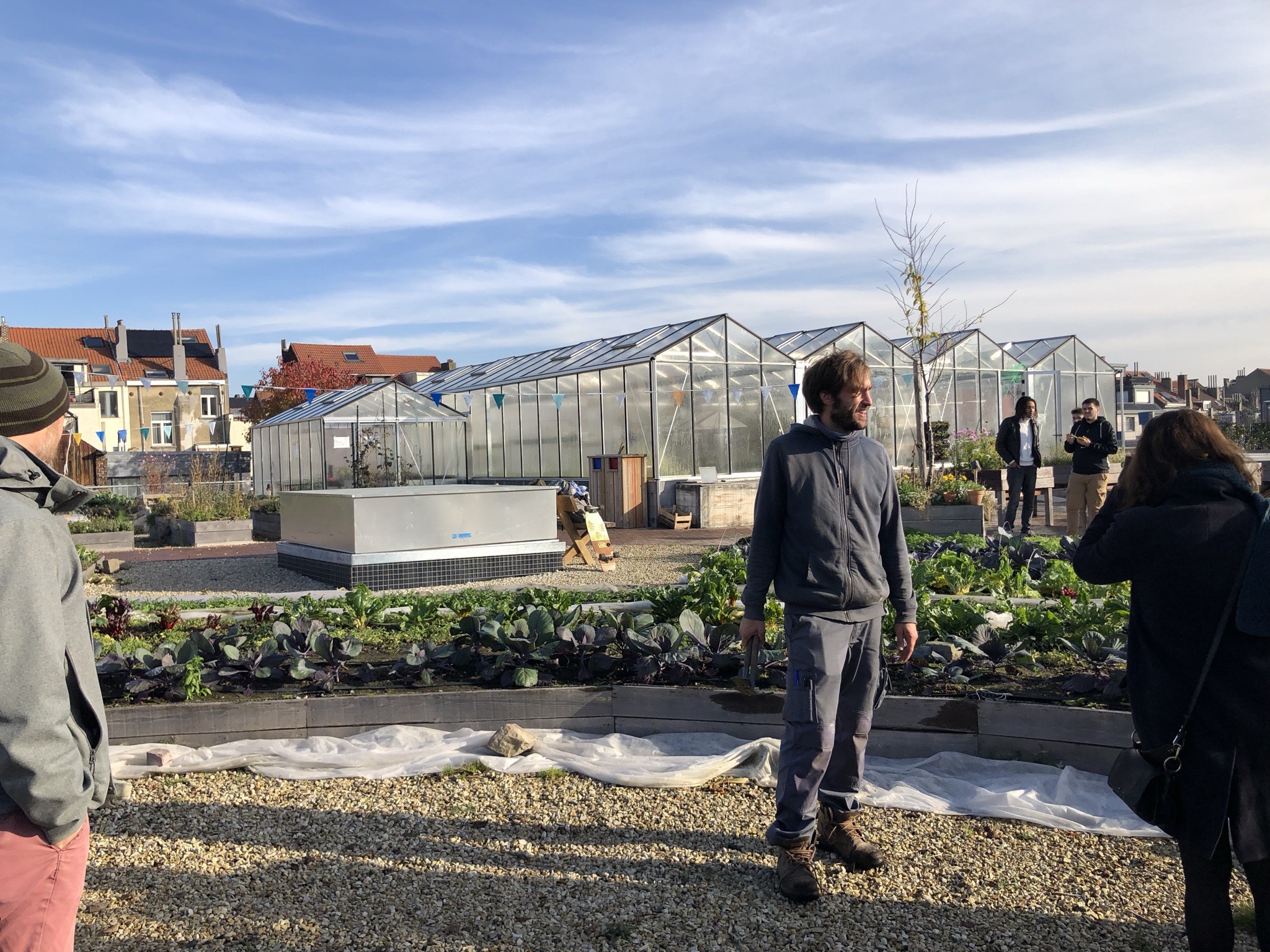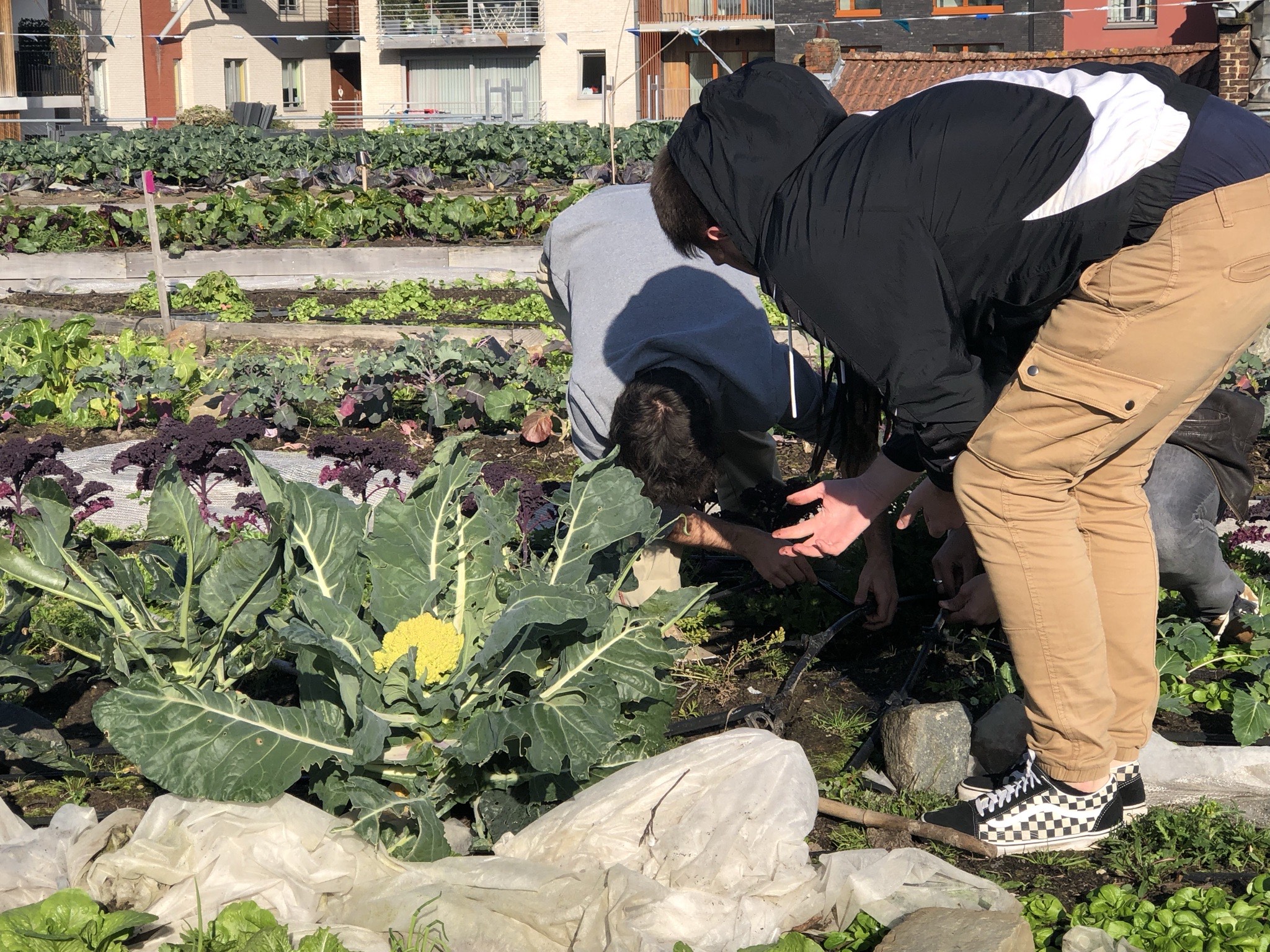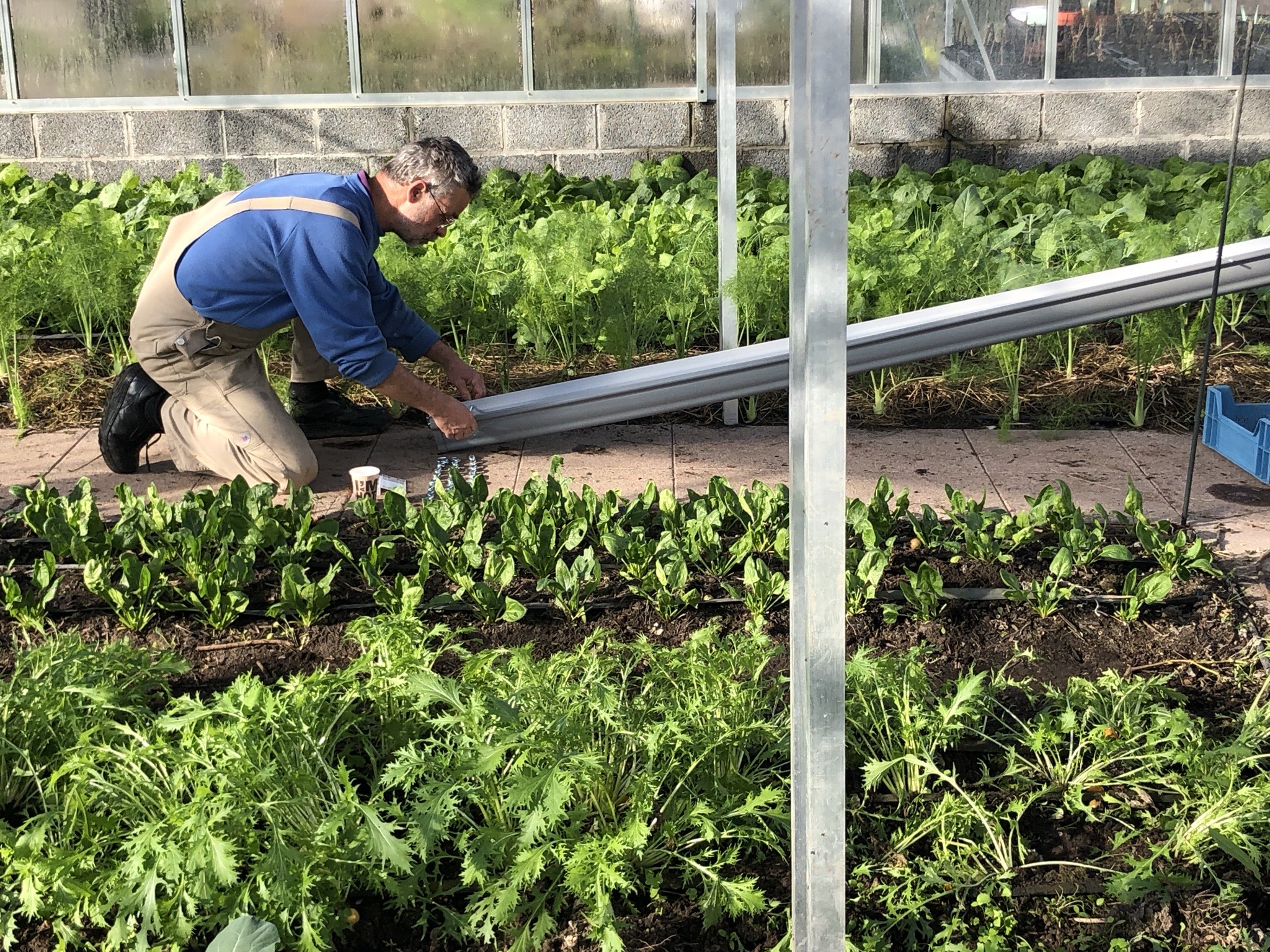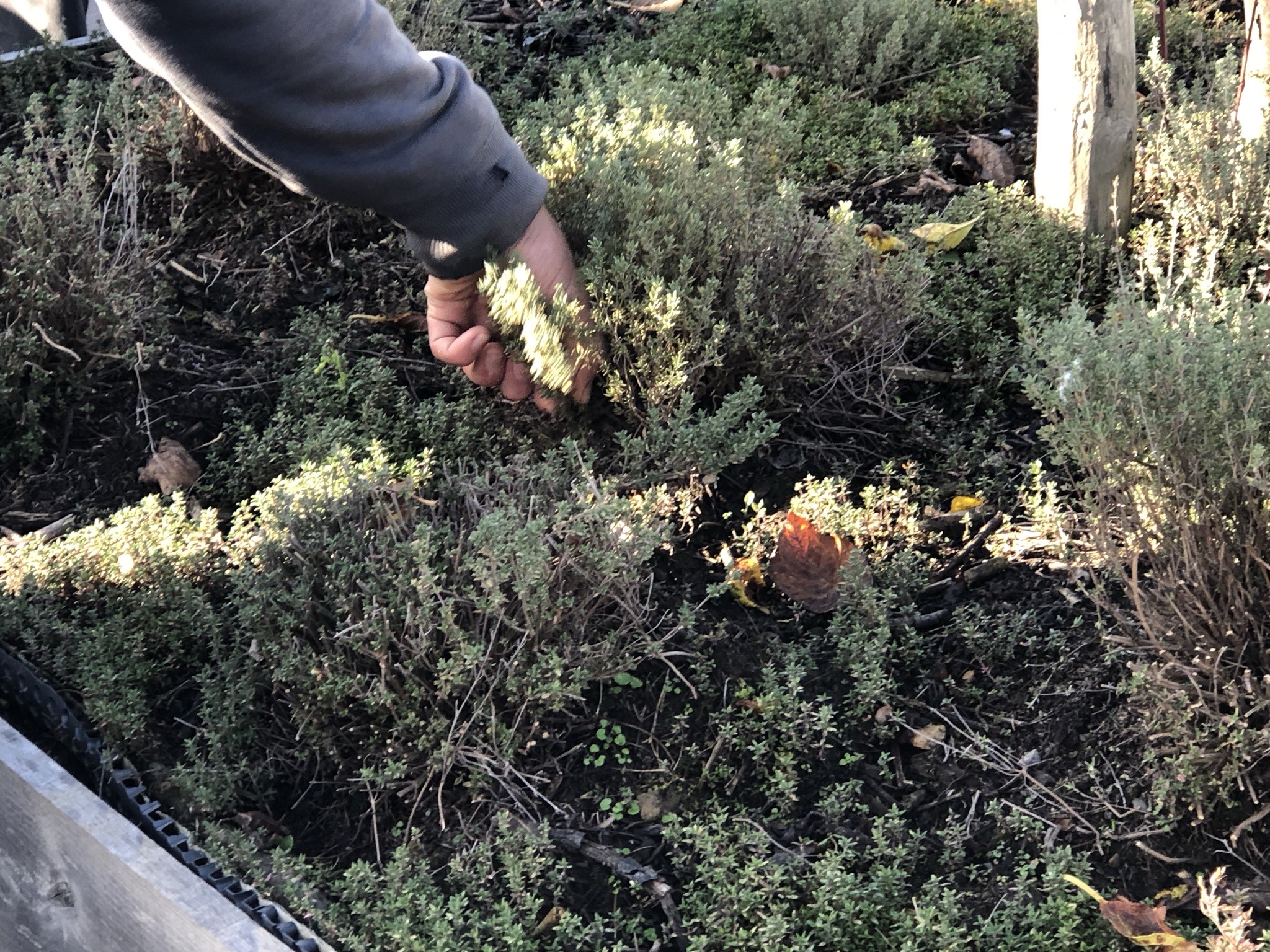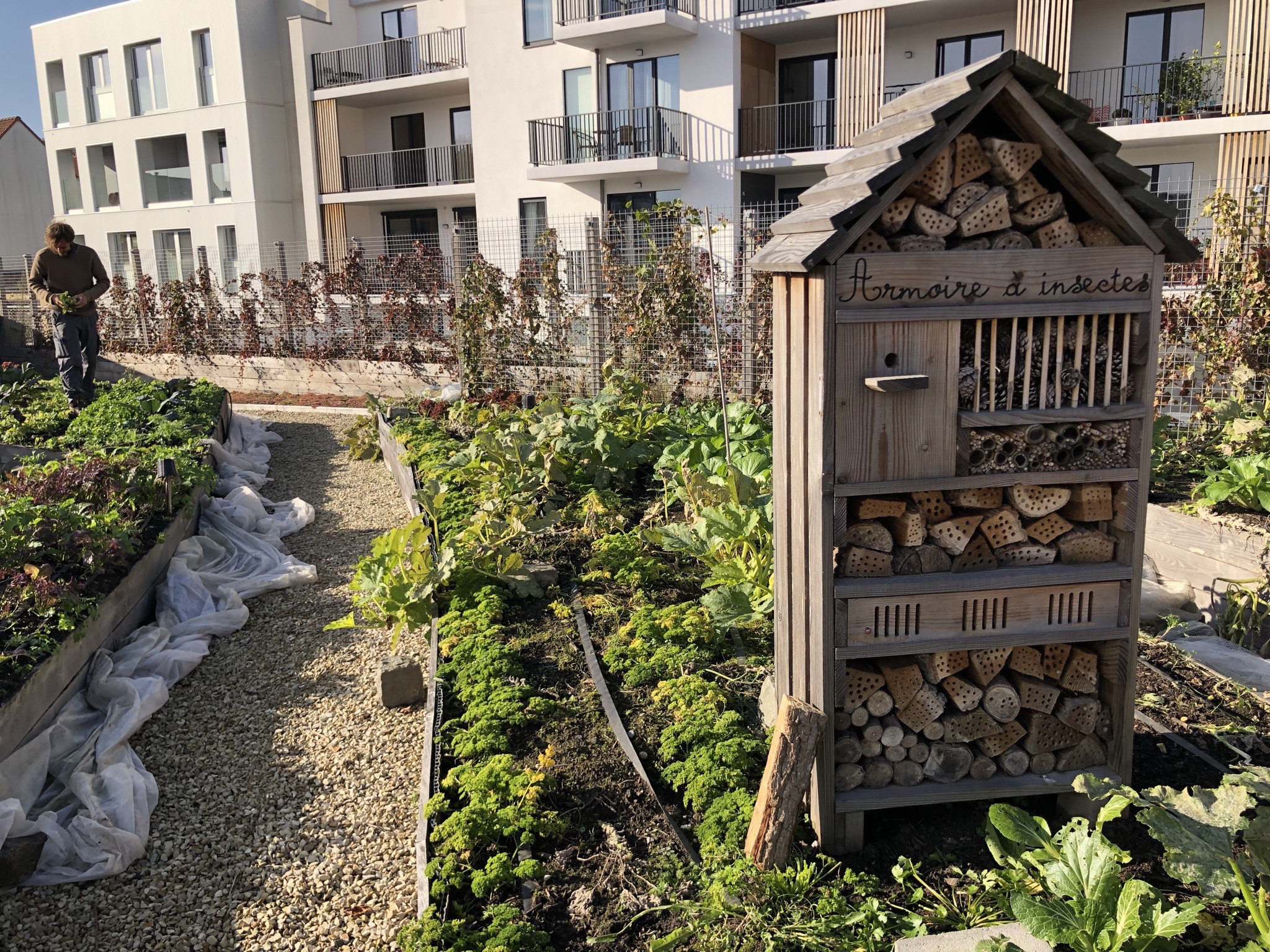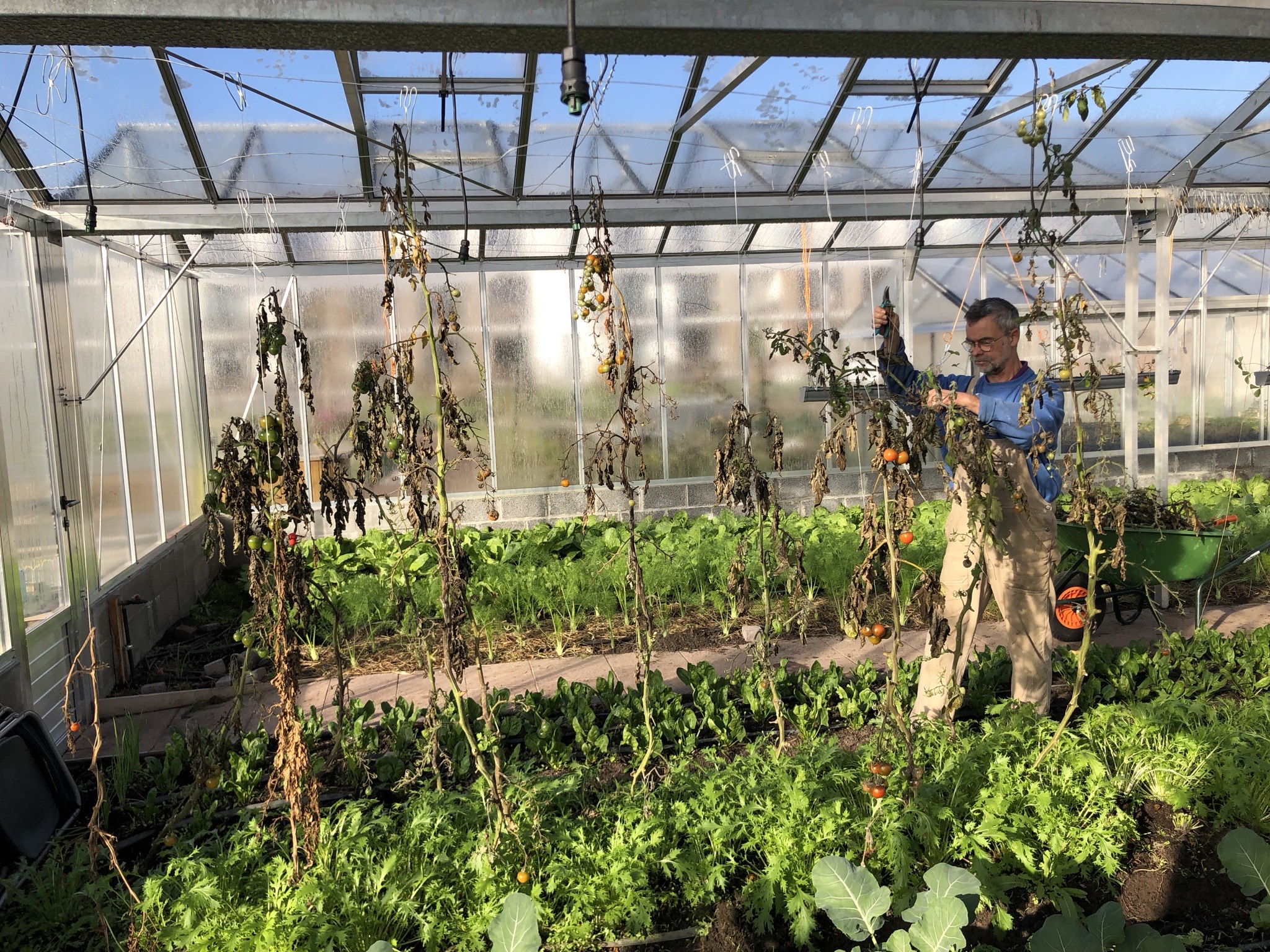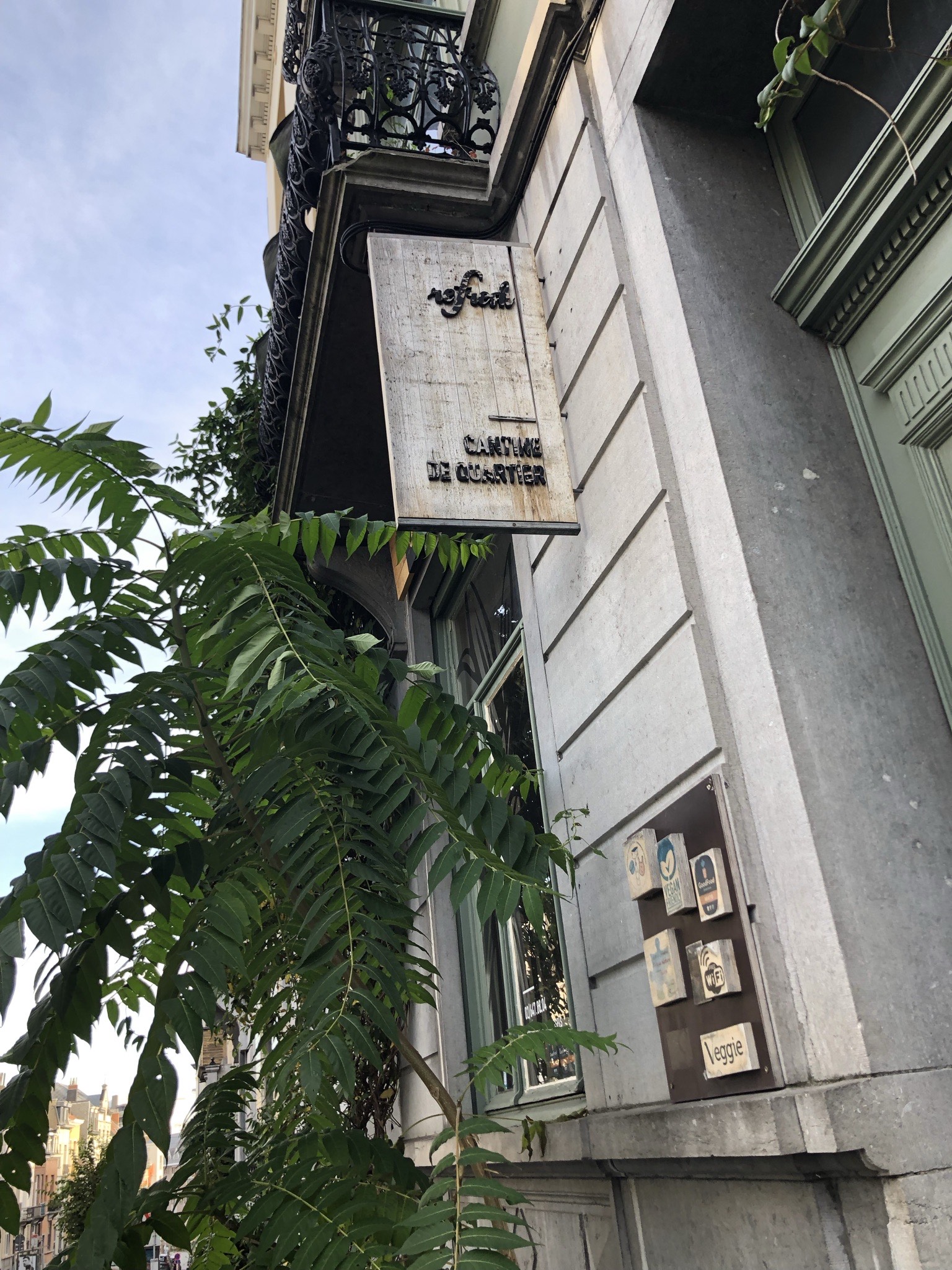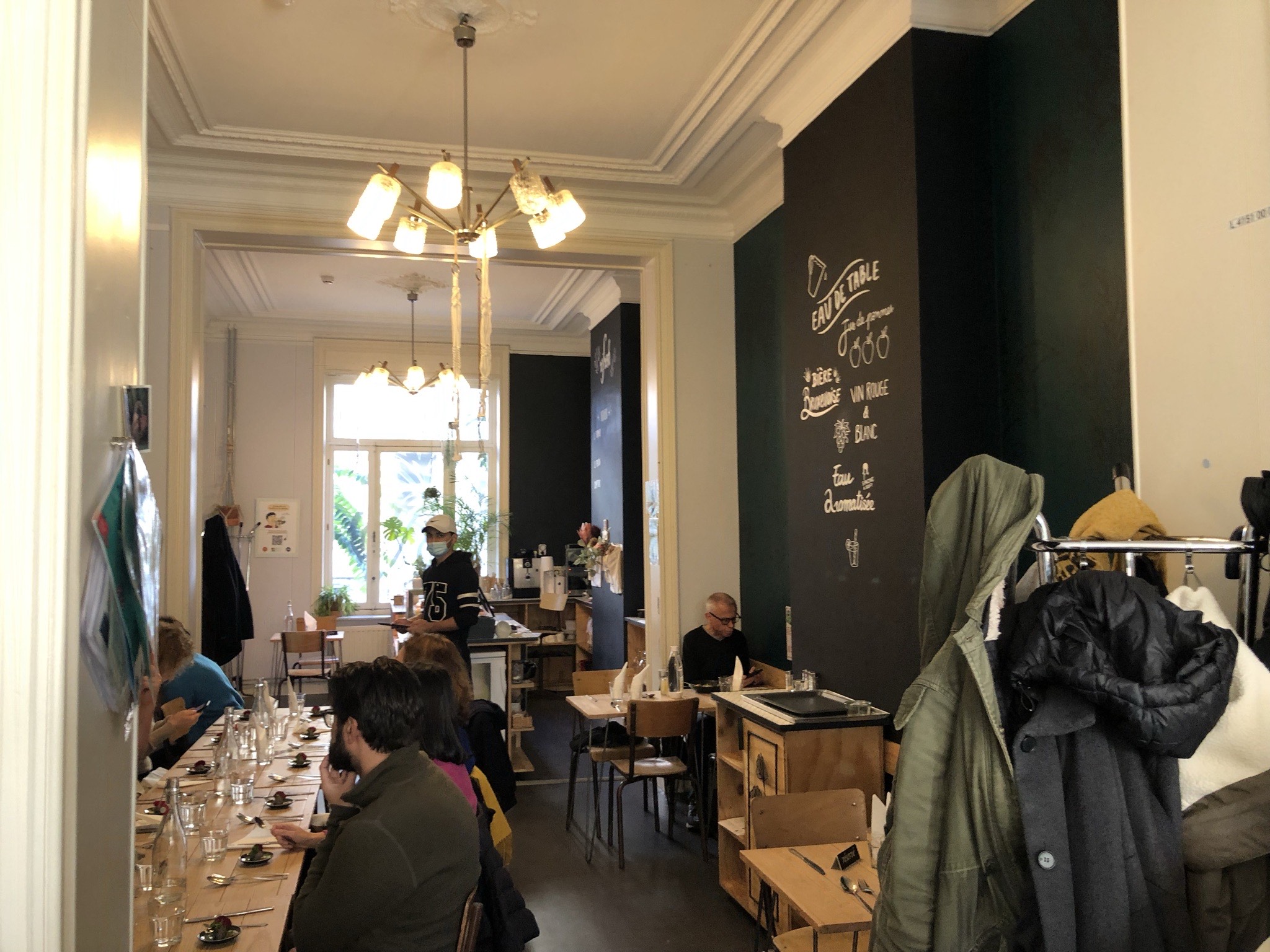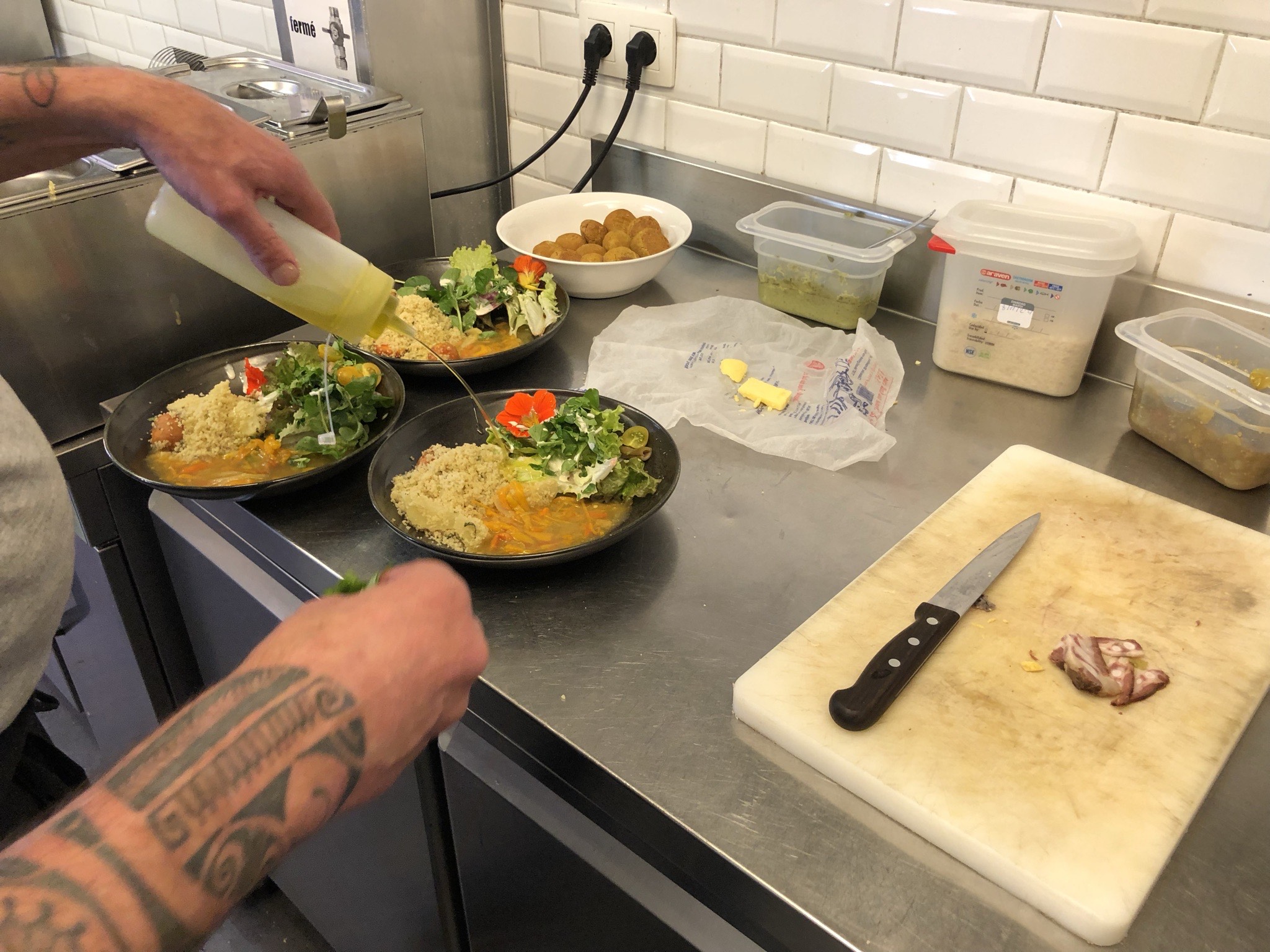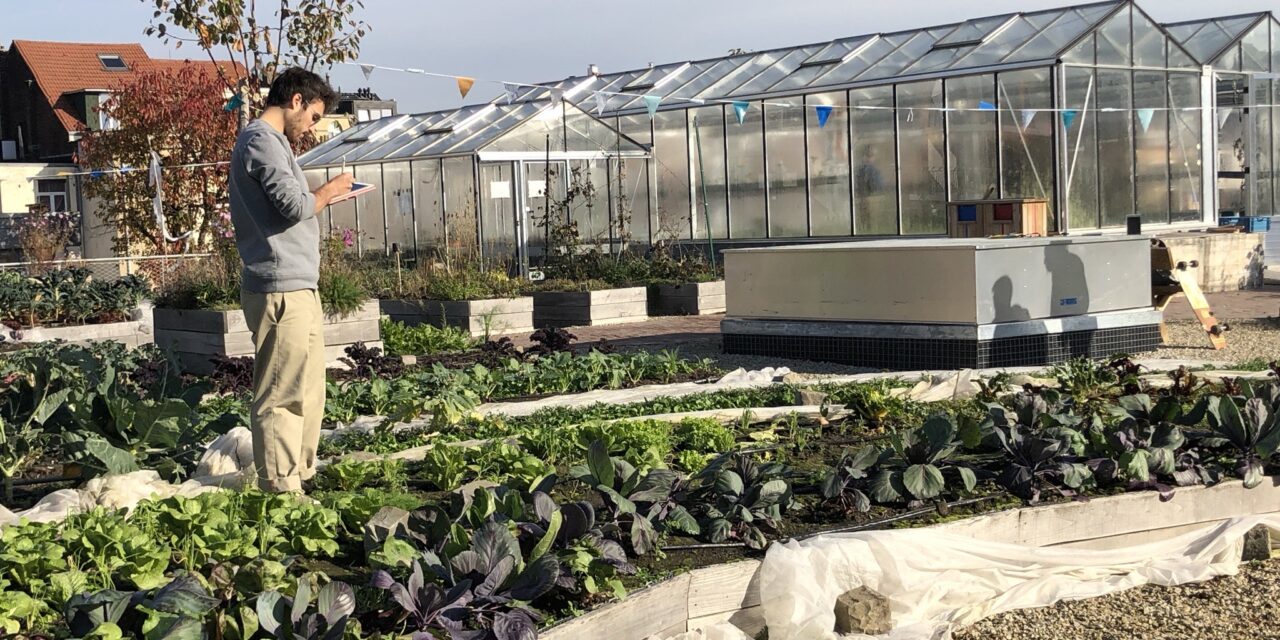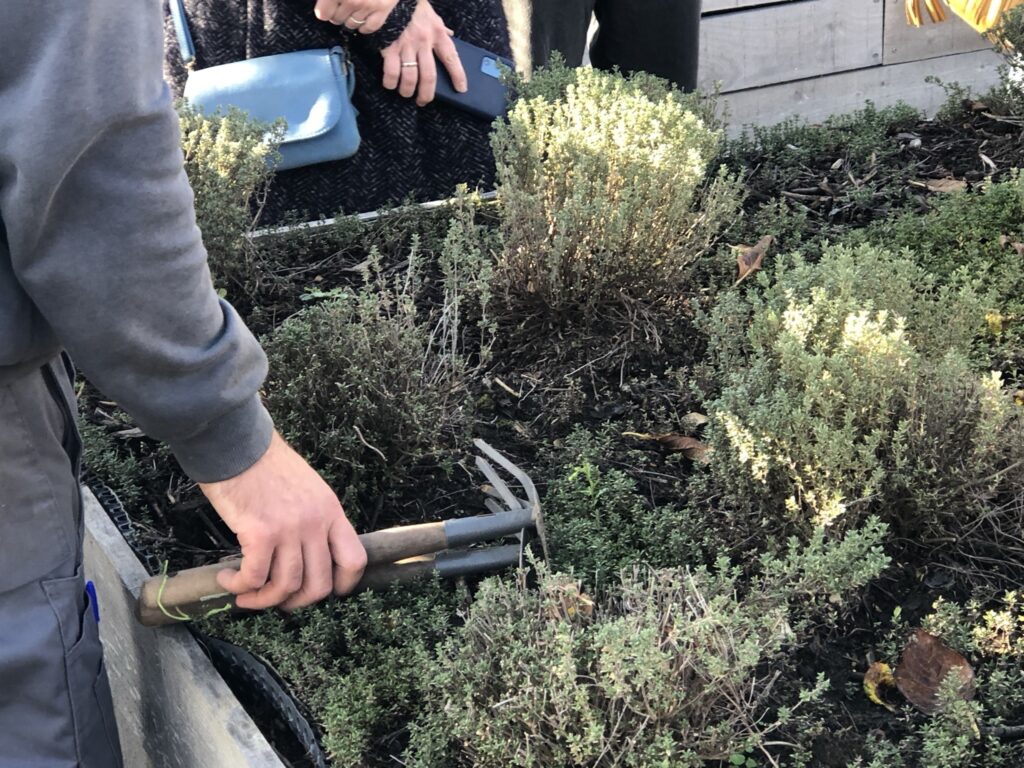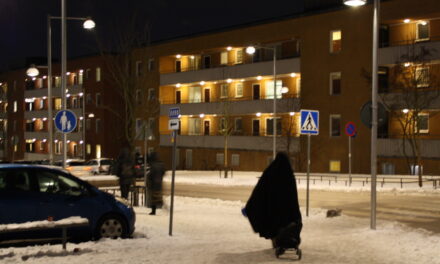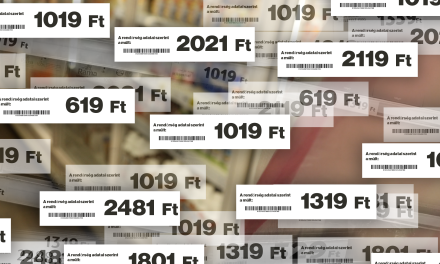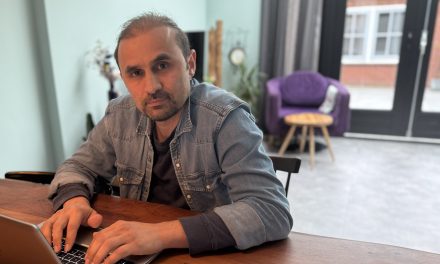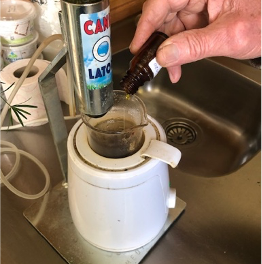In a fairly quiet neighbourhood of Brussels, not far away from the suits and important decisions that occur within the European Parliament, a scenic garden with a plethora of different vegetables lies on top of a Colruyt store. A garden that is providing vegetables to people and establishments within its local communities, as well as being a ground for research in the field of agroecology.
The garden is the subject of the Lagum Project, a study into agroecology, funded by FEDER and the Commune d’Ixelles. The project is headed up by the agroecology lab at ULB (Université Libre de Bruxelles), the Ubran Renovation department of the Commune d’Ixelles, and Refresh, a neighbourhood canteen that helps tend to the garden and uses the vegetables in the food they produce. The main goal of the project is to find an economically sustainable and viable model for the development of urban agriculture in Brussels.
Francisico Davila, a professor at ULBs agroecology lab and one of the main researchers on the project had this to say on what he hopes the project can be: “The garden should be somewhere where people can come to learn about the importance of environmental studies, the impact of eating healthy, sustainability, and what the importance of this project and similar ones that produce food in the same way”.
Guillame Culot, a Refresh employee, that plays a major role in operating the garden explains what the project has done for the community: “I think it’s hard to say the impact we have had on the community as we only started the project in June, but we get a lot of visitors from all around. We have also seen locals participate through volunteering, workshops and different training. There is also a participatory garden space that has been set up below the roof, where people can grow their own with the help of Refresh”.
The Colruyt store was due to be expanded but the Commune d’Ixxeles stepped in and felt that a project in which agricultural studies could be carried out, whilst providing members of the community with fresh produce would be a far more productive use of the space. This led to the project getting the greenlight after a long planning period. The vegetables are distributed in a variety of ways. Much of them go straight to the Refresh kitchens, some go to the local grocery store of the Ixelles CPAS, and some are purchased by the community, who can order baskets of vegetables to be delivered to them through a subscription service.
Sustainability is clearly something that all of the partners are striving for within this project but are the results so far suggesting that the project will achieve this? Guillame has his say: “The project as a whole and its purpose, through its appeal to the social economy and transition, achieves many sustainability objectives. The roof, because of its productive, social and cultural vocation, but also because of the way it carries out leans towards a model of sustainability. Nevertheless, we still wonder about the relevance of an urban agriculture project which mainly focuses on the dimension of market garden production on the roof. Is the money invested to meet production constraints on roofs worth the effort? We will know a little more by the end of 2023, when the first phase of research comes to an end”.
Despite the final outcomes of this project being undetermined at this point, if the project carries on with the way it has been operating so far, it will benefit the community greatly, all the while being an interesting investigation in the field of agroecology. The garden is a place with a very positive atmosphere, where you sense that the people who are working there, want to be there and are very passionate about their work. All of this makes for a very exciting project that will hopefully have a lasting impact for years to come.
